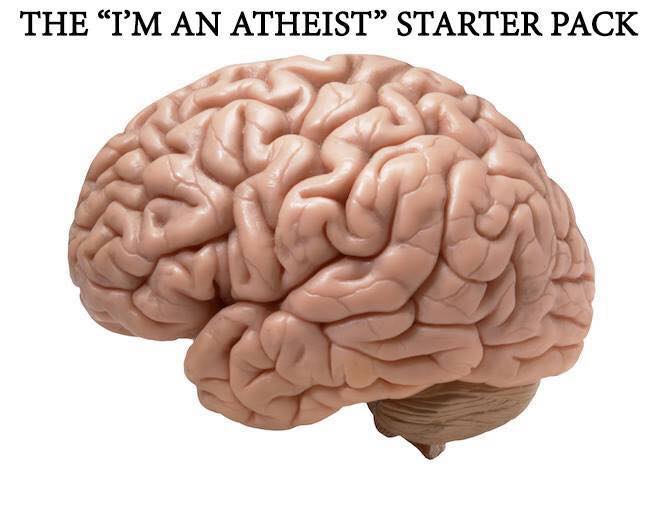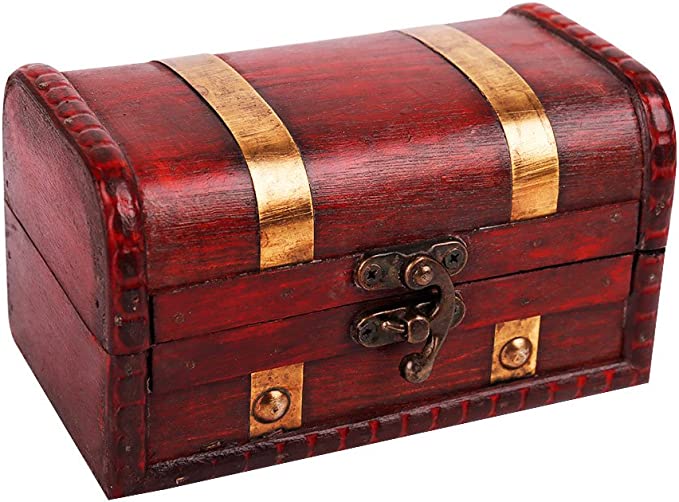
My Deconversion,
or How This Website Got Its Name

If you used to be a Christian and you stop believing, your Christian friends may tell you that you were never a real Christian. This idea shows up in I John 2:19.
This is what was said to me: "You weren't really a Christian. Not really." And they'd tell the parable about the sower and the seed, you know, where the seed springs up quickly, but doesn't have enough water, so it dies (Matt. 13:3ff).
Well — if they mean that I was never a real believer, they are wrong. I know what was going on inside my mind, and they don't.
I don't mean to brag, but when I was a practicing Christian (for several decades), I studied the Bible quite a bit. I engaged in personal evangelism. I attended Sunday School and went to after-hours Bible studies.
I even taught Sunday School.
Eventually I had a sizeable collection of English Bible translations.
I even learned Greek and Hebrew, and bought the big expensive lexicons so that I wouldn't have to trust the translations.
In other words, I was the real thing. To this day, I'd match Bible knowledge with any Bible-thumper.
I remember when my deconversion began.
 At my (Methodist) church, we had a list of cancer patients. Each Sunday, we would pray for the cancer people by name. After a certain amount of time (a few months), each one would die. Always. Nobody was healed.
At my (Methodist) church, we had a list of cancer patients. Each Sunday, we would pray for the cancer people by name. After a certain amount of time (a few months), each one would die. Always. Nobody was healed.
I was in an adult Sunday School class, and at the end of each class we would pray as a group. I often led "the closing prayer."
Some of the people on the cancer list were friends of mine. They were real to me.
One memorable Sunday morning, I was doing the "closing prayer," and I said, "Lord, please heal Brother Jeff ... and please heal Brother McKenzie ..."
And it suddenly dawned on me that God is unlimited. If he really exists, if he is really the God we read about in our Bible, then his power is unlimited (Jer. 32:27). He created quarks and neutrinos and dark matter and black holes. He keeps the stars in place.
I found myself standing in front of this solemn group of conservative white-bread Methodists praying, "And Lord, please heal all the cancer patients in all of the world, everywhere. And please make cancer stop. Completely. You can do anything. Make it so that we don't ever have to look at a cancer list again. Amen."
After that prayer, nobody looked me in the eye. They seemed to be nervous.
Time passed, and I did some serious thinking. I had studied the Bible enough to know that it contradicts itself. I knew that prayer was a failure, 100% of the time, unless you prayed for something like the weather, which is pretty unpredictable.
God did not stop cancer. God did not heal one single person on our "cancer list."
Paul said, "Examine yourselves as to whether you are in the faith. Test yourselves (II Cor. 13:5)." I started doing some serious thinking. I started examining myself.
I started skipping church on Sunday morning, and I finally quit going altogether.
Inside me, in my mind, there just wasn't any belief in a god. It was like looking into a box that used to have a basketball in it, but now there's no basketball.
 I didn't start hating God or hating religion or hating Christians. Many people in my family are professing Christians, and they are good folks.
I didn't start hating God or hating religion or hating Christians. Many people in my family are professing Christians, and they are good folks.
(And like most Christians, they do use profanity, but not as much as I do, and they do fornicate, but they're sneaky about it, and they are capable of jealousy and petty hatreds. I guess they ask God to forgive them.)
After a few months, my pastor called me - he noticed that I hadn't been in church - and we sat down and talked.
I told him straight out that I had stopped believing in God. He was very surprised, and asked if somebody at our church had offended me (when you tell a Christian that you're an atheist, the first question is always about you having been offended or having had your feelings hurt). I assured him that this was not the case (I wanted to say, "God has offended me by pretending to exist when he doesn't" ... but I didn't say that).
If you want to know what kind of Christian I was back in The Day, go to YouTube and watch a few Brylan Riggs videos. He reminds me of myself (back in The Day).
Maybe I could make up a story that would help explain what happened (like when Jesus spoke in parables).
 Let's say I'm 11 years old, and I'm sitting and talking with my grandfather out in the back yard. He says, "Josh it's time for me to do something, now that you're a big boy." He hands me a small box, about eight inches long, with a lock on it. "Josh, I want you to have this. Inside this box are five gold coins, very old and very valuable."
Let's say I'm 11 years old, and I'm sitting and talking with my grandfather out in the back yard. He says, "Josh it's time for me to do something, now that you're a big boy." He hands me a small box, about eight inches long, with a lock on it. "Josh, I want you to have this. Inside this box are five gold coins, very old and very valuable."
"Grandpa, how do I open the box? Where's the key"
He just smiles. "That will come later."
So I take the box and put it in a very special place (at the bottom of my underwear drawer).
Years go by. I finish high school. I finish college. I get married.
Then I get the phone call. "Josh, Grandpa Jesse has died. The funeral will be on Saturday."
After the funeral, I ask my Dad if he knows anything about the mysterious box that I was given. Dad nods his head and says, "Grandpa talked about a key on his key ring that I was supposed to give you after he died."
He hands me a small silver key.
Later that day, with my hand trembling, I unlock the box and open it.
Inside is nothing. The box is empty.
For years, I believed that the box had gold coins in it. But I looked inside the box, and I don't believe that anymore.
So ... was I ever a real Christian?
If you mean, "Did you have a personal experience with the risen Christ?" the answer is no. I don't believe in the resurrection of Jesus. I don't believe that Bible Jesus ever actually lived.
But I was (at one time) a sincere believer. I swear to your god.
I dumped religion because I prefer reality and common sense. You can cure stupid.

|

|